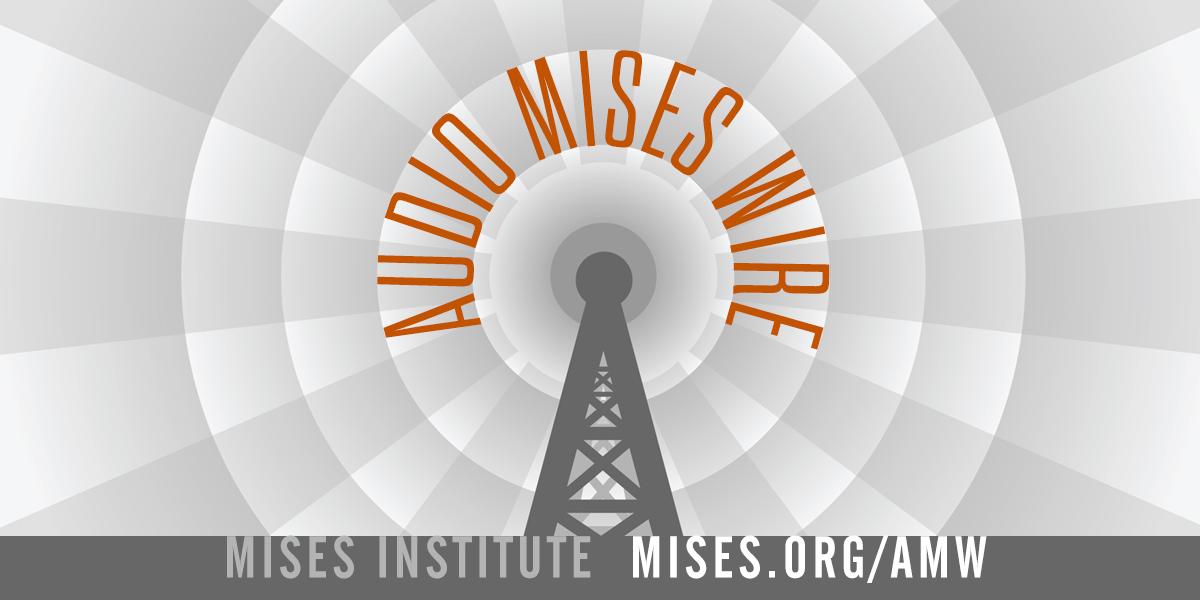Defining Historical Revisionism
The Mises Institute, a non-profit organization, stands as a bastion of Austrian economics, advocating for individual liberty, historical accuracy, and peaceful international relations. Grounded in the intellectual legacy of Ludwig von Mises and Murray N. Rothbard, the Institute champions a radical transformation of the intellectual landscape, shifting away from state control and towards a system built upon the cornerstone of private property. This commitment to a free market order dictates their staunch opposition to any compromise or dilution of their core principles with prevailing political, cultural, or social doctrines that contradict their fundamental tenets. The Institute’s mission is rooted in the belief that these principles possess timeless value and should remain unadulterated by contemporary ideologies.
Central to the Mises Institute’s philosophy is the Austrian School of economics, a heterodox school of thought that emphasizes subjective value, methodological individualism, and the spontaneous order created by market forces. This perspective starkly contrasts with mainstream Keynesian economics, which advocates for government intervention to regulate markets and manage aggregate demand. Austrian economists argue that such interventions distort market signals, leading to inefficiencies and unintended consequences. They advocate for minimal government interference, believing that free markets, driven by individual choices and competition, are the most effective mechanism for allocating resources and promoting economic growth. The Institute tirelessly promotes this understanding of economics, viewing it as essential for achieving genuine and sustainable prosperity.
Individual liberty forms another cornerstone of the Mises Institute’s ideology. They champion the rights of individuals to make their own choices, free from coercive government interference. This commitment extends to all aspects of life, including economic activity, personal choices, and freedom of expression. They view individual sovereignty as the fundamental building block of a just and prosperous society, arguing that individual freedom fosters innovation, creativity, and responsible decision-making. The Institute actively opposes policies that restrict individual liberties, such as excessive regulation, censorship, and infringement on property rights, viewing them as detrimental to both individual well-being and societal progress.
Beyond economics and individual liberty, the Mises Institute also emphasizes the importance of honest history. They advocate for a rigorous and unbiased examination of the past, free from ideological distortions or political agendas. They believe that a clear understanding of history is crucial for informing present decisions and shaping a better future. The Institute often challenges conventional historical narratives, particularly those that promote statist interpretations or downplay the role of individual agency. They are dedicated to promoting an accurate and comprehensive understanding of history, recognizing its importance in cultivating informed citizens and fostering sound policy decisions.
International peace constitutes another key principle within the Mises Institute’s framework. They advocate for peaceful coexistence among nations, based on respect for national sovereignty and non-interventionism. They oppose wars of aggression and imperialism, viewing them as destructive and counterproductive. Instead, they promote free trade and open communication as the most effective means of fostering international cooperation and resolving conflicts peacefully. They argue that free markets promote interdependence among nations, creating incentives for cooperation and reducing the likelihood of conflict. The Institute advocates for a foreign policy grounded in peace, diplomacy, and respect for international law, viewing this approach as essential for promoting global stability and prosperity.
In essence, the Mises Institute serves as a vital intellectual hub, promoting the principles of Austrian economics, individual liberty, honest history, and international peace. They operate under the conviction that these principles are essential for building a free, prosperous, and peaceful world. The Institute acts as a platform for disseminating these ideas through various channels, including publications, conferences, online resources, and educational programs. They strive to equip individuals with the knowledge and understanding necessary to advocate for these principles effectively and contribute to the creation of a society grounded in individual freedom and responsibility. Their unwavering commitment to these core principles underscores their belief that they hold enduring relevance and offer a path towards a more just and prosperous future.
Share this content:












Post Comment